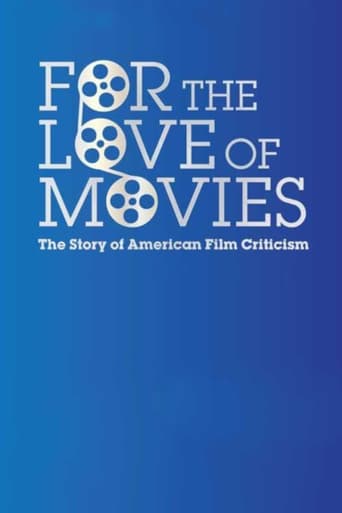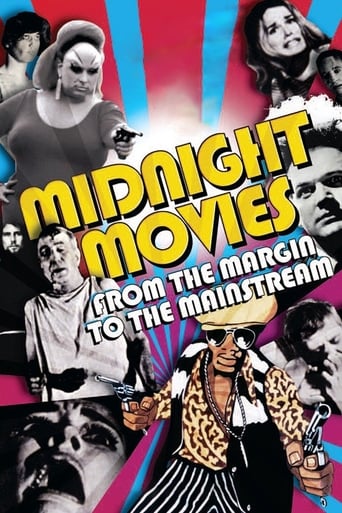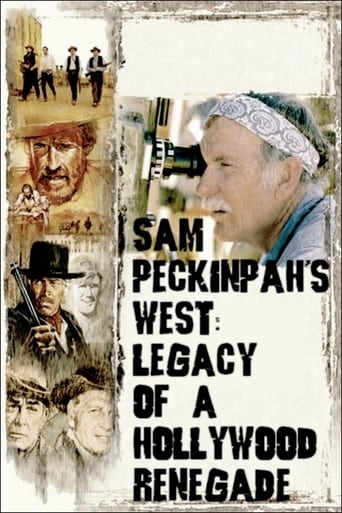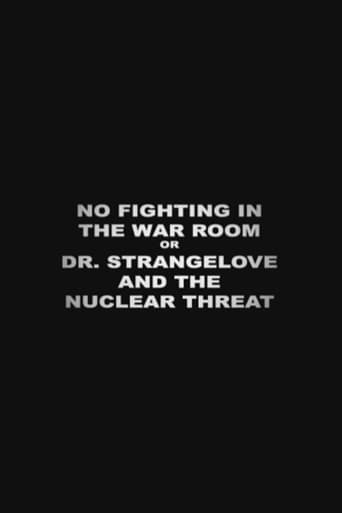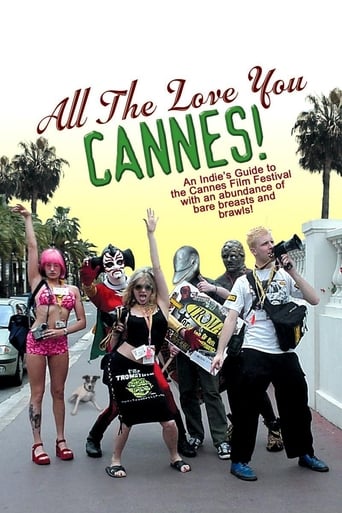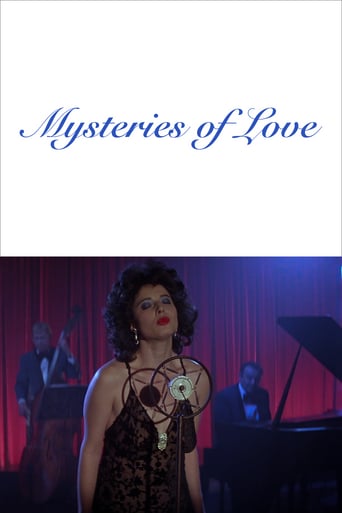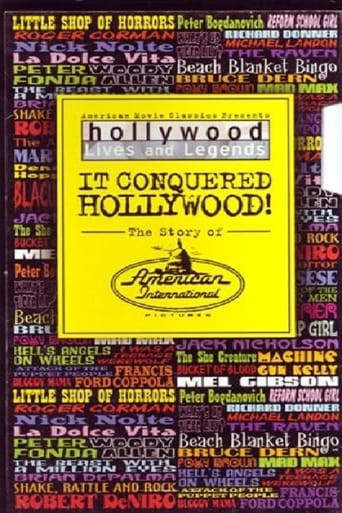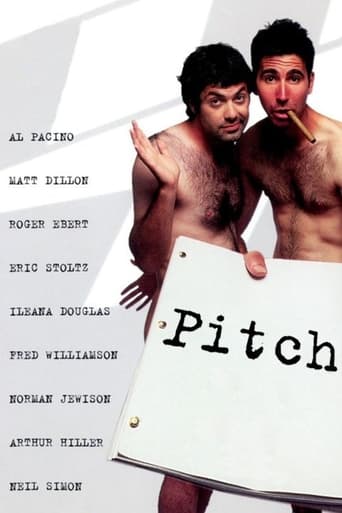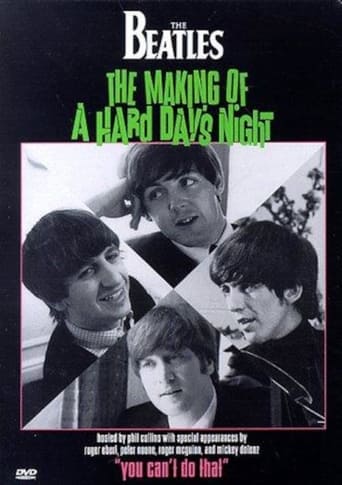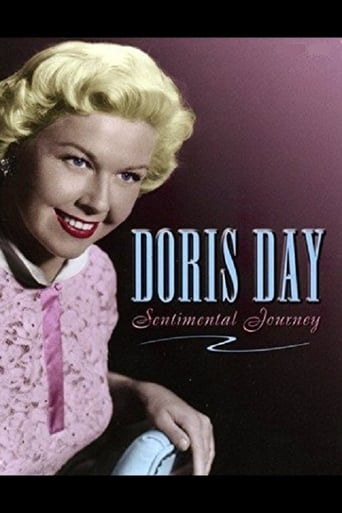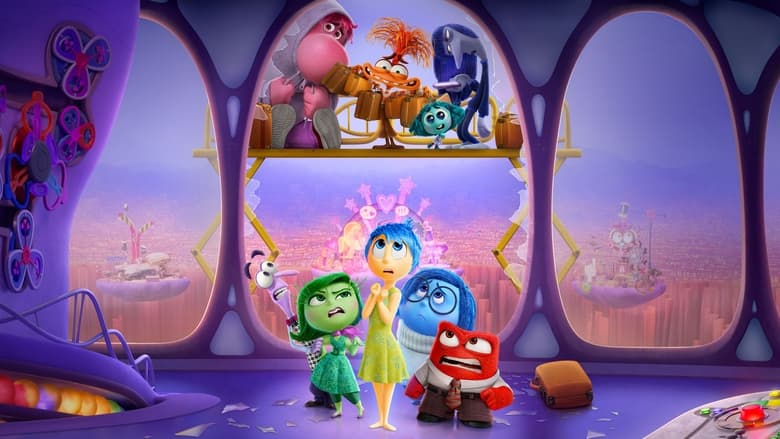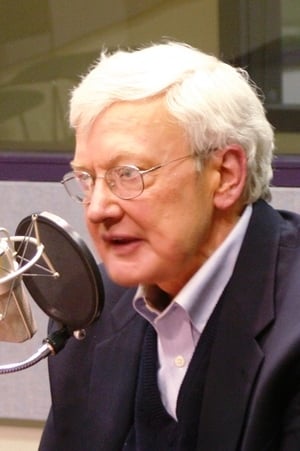
Roger Ebert
Birthday: 1942-06-18
Place of Birth: Urbana, Illinois, USA
Synopsis
Roger Ebert was a Pulitzer Prize winning film critic, journalist, and screenwriter. Described by Forbes magazine as the "most powerful pundit in America", Ebert was the first film critic to be awarded a star on the Hollywood Walk of Fame as well as a Pulitzer Prize.
Ebert's began his criticizing career in 1967 as a critic for the Chicago Sun-Times and later gained national recognition co-hosting a number of shows with Gene Siskel in which they coined the 'thumbs up- thumbs down' style of reviewing.
Following Siskel's 1999 death Ebert continued to host "And The Movies" with Richard Roeper until 2006 when he stopped appearing due to developing Thyroid cancer. Complications from the cancer ended up taking much of his tongue and jaw, forcing Ebert to undergo massive reconstruction surgery and speak with the help of a computer program (which was configured with his own voice due to the volume of recorded spoken language from Ebert's TV show).
He continued to write reviews for his website later in life. On April 3rd, 2013 announced his cancer had returned and he would be taking a "leave of presence", lowering the amount he would be writing and only reviewing films he wanted to review.
Ebert succumbed to his cancer the next day, April 4th, 2013.
The balcony is closed.
Acting
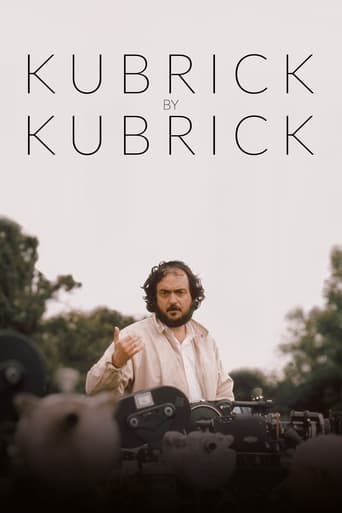
Kubrick by Kubrick
as Self (archive footage)
A rare and transcendent journey into the life and films of the legendary Stanley Kubrick like we've never seen before, featuring a treasure trove of unearthed interview recordings from the master himself.
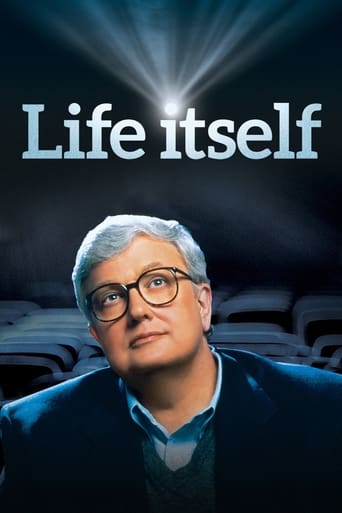
Life Itself
as Self - Film Critic
The surprising and entertaining life of renowned film critic and social commentator Roger Ebert (1942-2013): his early days as a freewheeling bachelor and Pulitzer Prize winner, his famously contentious partnership with Gene Siskel, his life-altering marriage, and his brave and transcendent battle with cancer.
![]()
No Fighting in the War Room Or: 'Dr Strangelove' and the Nuclear Threat
as Self
A documentary exploring the historical concept of the narrative of Stanley Kubrick's 1964 film "Dr. Strangelove Or: How I Learned to Stop Worrying and Love The Bomb." This short documentary compares the film with the actual events concerning the Cold War and the Cuban Missle Crisis.
![]()
All the Love You Cannes!
as Self
Known for what must be the cheapest and cheesiest of the indie film world, Troma films takes on Cannes with gallons of fake blood, the Tronettes, and numerous hijinks by an uncontrollable group of volunteer Troma fans, costumed, naked, and did I mention covered with blood? While any publicity is good publicity, the low budget Troma films must wonder what this will do to their reputation. And I think they're thinking, woohoo!
![]()
Mysteries of Love
as Self (archive footage)
Isabella Rossellini, Kyle MacLachlan, Dennis Hopper, Laura Dern, and producer Fred Caruso are interviewed for this 68-minute documentary about the making of David Lynch's Blue Velvet
![]()
It Conquered Hollywood! The Story of American International Pictures
as Self
A 60-minute salute to American International Pictures. Entertainment lawyer Samuel Z. Arkoff founded AIP (then called American Releasing Corporation) on a $3000 loan in 1954 with his partner, James H. Nicholson, a former West Coast exhibitor and distributor. The company made its mark by targeting teenagers with quickly produced films that exploited subjects mainstream films were reluctant to tackle.
![]()
Pitch
as Himself
A Canadian documentary featuring two young filmmakers attending the Toronto Film Festival to pitch a film concept to various celebrities. Their film idea, titled "The Don", concerns a Mafia don who goes for a hernia operation but gets a sex change instead. During the 1996 Toronto Fest, they approach Roger Ebert, Norman Jewison (at a packed press conference), Eric Stoltz (leaving a limo), Al Pacino, and others without much success. On a roll, they leave Toronto for Hollywood, getting advice from Arthur Hiller and Neil Simon and finding an agent who expresses interest in their pitch.
![]()
You Can't Do That! The Making of 'A Hard Day's Night'
as Host
Thirty years after A Hard Day's Night, its producer, director, writer and others describe its making. United Artists Records came to Walter Shenson, asking him to produce a movie so UA could issue a soundtrack album. Shenson signed Lester to direct, and they got the Beatles to agree to star. Shenson sent Owen to Dublin to spend time with the Fab Four; from this came a script built around their being prisoners of their own success. Phil Collins, himself an extra on A Hard Day's Night, hosts this examination of a seminal film: what was ad-libbed, why was it a hit, what was its influence on other movies, and how did it define the way the public viewed each Beatle for years to come?
![]()
Doris Day: A Sentimental Journey
as Himself - Narrator & Introduction
A retrospective documentary on the life and career of Ohio-born actress, singer and TV star Doris Day.



